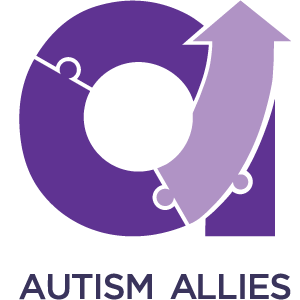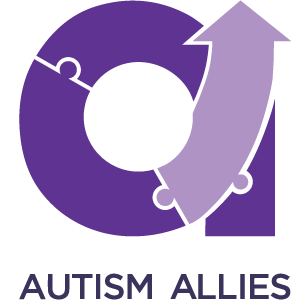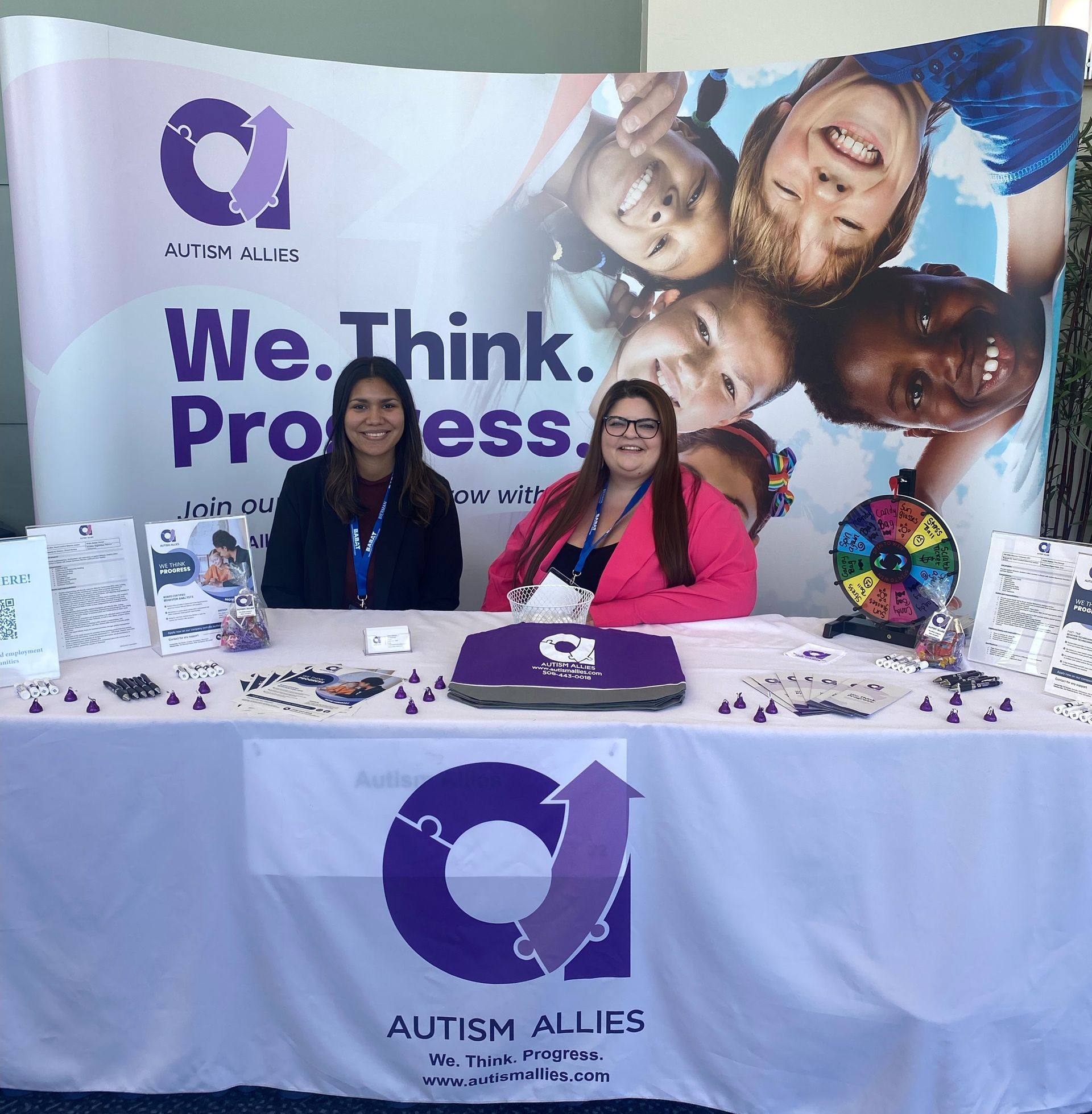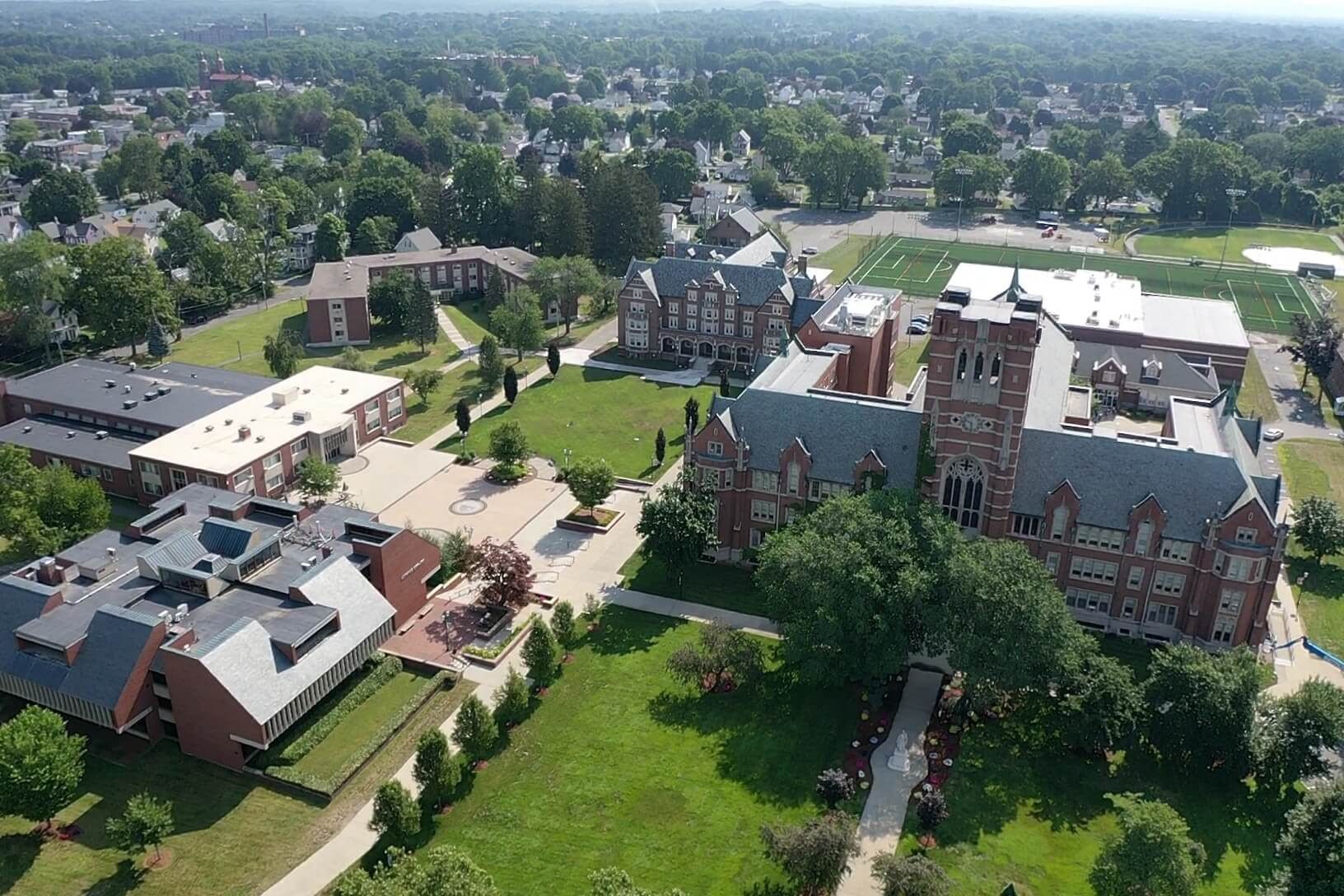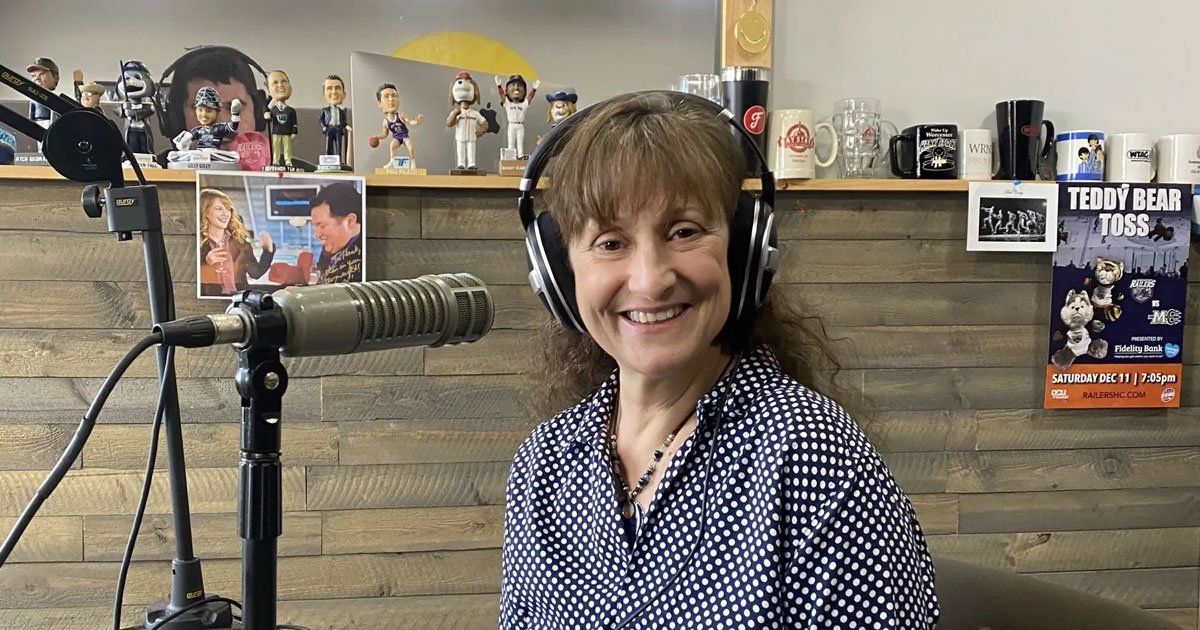Benefits of Inclusion ABA Therapy
Those diagnosed with Autism Spectrum Disorder have many wonderful qualities that cause them to see the world a bit differently from their same-aged peers. Although certain characteristics are known to be common for those with the diagnosis, each individual with ASD comes with their own set of tools in their toolbox, which they use to interact with the world. If you meet one person with autism, you meet one person with autism. It is important to appreciate and celebrate the neurodiverse contribution each individual with ASD can make to their environment.
Equally important, we should recognize the challenges that those with autism face, especially in social situations or areas where basic or nuanced communication is critical. For a more complete list of how ASD impacts individuals, please visit the Signs and Symptoms of Autism Spectrum Disorders page on the CDC website. This is particularly true when those around them who do not understand autism express fear and frustration, lashing out in anger with demands based on unreasonable expectations.
This is where ABA therapy and inclusive education can help to bridge the seemingly huge gaps in education, understanding, and sensitivity. This specialized therapy, with its focus on building critical life skills and an inclusive approach to education, is a great “prescription” for accomplishing goals for all involved while also maintaining individual traits and characteristics precious to each individual.
What IS ABA?
ABA stands for Applied Behavior Analysis and is an evidence-based scientific practice endorsed by the U.S. Surgeon General (NIH, 1999) and the American Psychological Association as an effective treatment for those on the autism spectrum. Studied extensively before coming into common use, ABA is now considered one of the most popular and effective methods of treatment for autism. For more information, please visit the National Standards Project.
ABA is designed to expand language and communication skills, build on attending skills, social skills, and reduce behavioral excesses which impact day-to-day life. In summary, ABA builds and encourages what is functional for each learner, while reducing barriers which prevent or interfere with learning new skills. It is not rigid in its approach; in fact, ABA therapy is adapted to fit the specific and unique needs of each individual in order to achieve the most effective results. It is also adaptable to various settings – school, home, or center, and can even be accomplished virtually, depending on what is most convenient or helpful to the individual or family.
One of the main methods used in ABA is positive reinforcement, or teaching skills by giving access to an individual’s favorite things when their performance of a skill meets certain expectations. For example, if the goal is to teach an individual to how to politely enter a conversation (i.e., without “barging in” by talking over people), the therapist would teach the learner to make eye contact, gesture (e.g., raise their hand), and say “excuse me”, which would result in other people giving the attention the learner wants.
The individual’s favorite “thing” can be different for each person, as long as it is something that is valued by the individual, such as a toy, play time, or positive affirmation. Over time, this leads to a more permanent change in behavior as it is increasingly associated with outcomes that benefit the individual across multiple settings and with multiple people. Negative or maladaptive behaviors, by contrast, are approached differently and targeted using a variety of interventions that improve the child’s ability to become more independent in their daily lives. The ABA framework requires that all behaviors are tracked and analyzed in order to gain a better understanding of why they are happening and to objectively find out whether a certain approach is working or not.
What are the benefits of Inclusion ABA Therapy?
Now let us look at inclusion education and how it can be combined with ABA therapy to obtain maximum benefits.
Inclusive education, by definition, brings together children of all learning and developmental capacities in one classroom. Throughout most of the instruction, all students are taught simultaneously, though individual attention and instruction are given to those who may need it. For those who participate, inclusive education provides a community of age-appropriate peers with whom to learn and grow. Using ABA in an inclusive environment allows the student to not only gain the benefits of the therapy itself, but also learn positive behaviors modelled by their community of neurotypical peers.
Building Communication Skills
One of the benefits of ABA therapy in an inclusive environment is the improvement of communication skills. Students can learn how to ask questions when they do not understand something and how to answer questions they are asked. Everyday communication with peers and teachers also provides ample opportunity to improve conversation skills.
Building Positive Friendships
This leads to peer-to-peer relationships, as students with autism are also encouraged to build positive friendships with other students. Simply being in the same environment encourages these relationships, but interactions can also be facilitated by teachers and aides if students are having trouble building these connections on their own. Day-to-day observation also encourages students to use their peers as role models for social interactions and communication.
Encouraging Learning and Growth for All
The benefits of an inclusive environment do not just affect those with autism. Their peers without ASD can also greatly learn and grow. By placing everyone together in the same classroom with the same curriculum, students can see past their differences and learn how to get along with those who are not like them. Students are able to see what makes someone else different may not be negative, but instead a strength or something they can help the student with autism overcome. By understanding this from a young age, students can begin to develop more tolerance and sensitivity, not only in the classroom but wherever else they go in their lives – in social, work, or educational settings. As Dr. Temple Grandin, a prominent author and speaker on autism, says, people with autism are different, not less.
Fostering Independence
Inclusive education also carries the benefit of allowing greater access to the general education curriculum. Specialized education programs for those with autism can mean receiving a different curriculum from their peers and result in the sense and the reality of not being in the same place educationally as their peers. By contrast, inclusive education means that the same general education is given to every student, with accommodation and supplementation provided on an as-needed basis. Due to the wider range of teaching modalities (e.g., smartboards, ProloQuo2Go), greater academic gains may be attained, and students also learn how to better follow classroom routines independently and do things such as individual deskwork on their own.
Lowering School Absence Rate
Inclusive classrooms have also been shown to have a higher rate of satisfaction and enthusiasm for the curriculum among their students, and for those with autism, a lower rate of school absences. Students in these environments are more excited and interested in their education because of the dynamic nature of the classroom and the great diversity which it offers. [1]
Improving Social Skills
ABA therapy in an inclusive setting is proven to be amazingly beneficial for those with autism. By encouraging children’s strengths and the characteristics which make them unique, while simultaneously providing them with the help they need to better communicate and interact with others, and to build academic, life, and other critical skills, great stuff happens! Environments are fostering in which everyone feels accepted, and progress is moving forward; not only for our clients with autism, but peers who benefit from deepening their sensitivity and understanding.
Autism Allies offers an inclusive program for those with Autism Spectrum Disorder in our Worcester location. Our programs are run by experienced educators and clinicians who are passionate about helping others. Each student is treated individually with programs designed in conjunction with input from their families and caregivers, which produce programs tailored to agreed-upon needs and goals. By combining our one-on-one approach with cutting edge technology, our programs can help your loved one make meaningful progress in their lives.
[1] Kaitlin, P. Anderson (2016). The Relationship Between Inclusion, Absenteeism, and Disciplinary Outcomes for Students with Disabilities Sage Journals, 43 (1).
Sources:
Kaitlin, P. Anderson (2016).
The Relationship Between Inclusion, Absenteeism, and Disciplinary Outcomes for Students with Disabilities Sage Journals, 43 (1).
U.S. Department of Health and Human Services. (1999). Mental health: A report of the surgeon general. Rockville, MD: U.S. Department of Health and Human Services, Substance Abuse and Mental Health Services Administration, Center for Mental Health Services, National Institutes of Health, National Institute of Mental Health.
